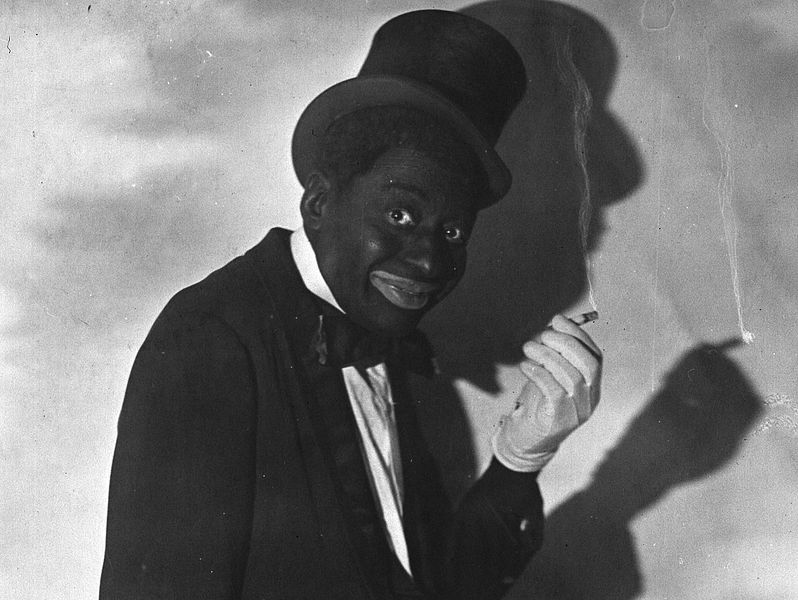 The gospel reading last weekend had Jesus asking who people say he is. This has been rolling about in my head this week, who others say we are and the impact thereof. This is most identifiable in the shorthand of stereotypes. Stereotypes have credibility and legs because there is a grain of truth to them, but like soundbites and most political discourse, the actuality of the situation is far more complex and nuanced than a word or two can symbolize. As such, stereotypes are caricatures, rather than people. We all deal with stereotypes and we all have them. Yet, stereotypes do great harm to us in several ways.
The gospel reading last weekend had Jesus asking who people say he is. This has been rolling about in my head this week, who others say we are and the impact thereof. This is most identifiable in the shorthand of stereotypes. Stereotypes have credibility and legs because there is a grain of truth to them, but like soundbites and most political discourse, the actuality of the situation is far more complex and nuanced than a word or two can symbolize. As such, stereotypes are caricatures, rather than people. We all deal with stereotypes and we all have them. Yet, stereotypes do great harm to us in several ways.The first is that they give us incorrect and dangerous assumptions about others around us. Attempting to engage me in a conversation about sport will be short and useless because I defy the male stereotype of holding interest in or knowledge about the topic. Likewise, although I am gay, I have no interest in the stereotypical caricatures of the gay lifestyle (though I must confess a fondness for 1950's musicals).
Secondly, and more damaging, is what stereotypes do to our self-image. If I am a guy and I don't follow sport, does that make me a 'bad man'? To be a self-respecting gay man, do I HAVE to be prone to emotional outbursts and adore Judy Garland? If I don't, what does that say about myself? Can you be a good catholic without feeling guilty all the time? Should I feel guilty about not feeling guilty? On a more subtle and subversive level, what about your friends and/or associates? Are there things which you do/don't do or say/don't say because of how they perceive you? What about God? Does your perceptions of His expectations change how you externally portray yourself, or do they change how you actually are?
So....rephrasing His question, look in the mirror and honestly ask yourself, "Who do people say that I am? Who does God say who I am? Who do you say that I am?"
No comments:
Post a Comment